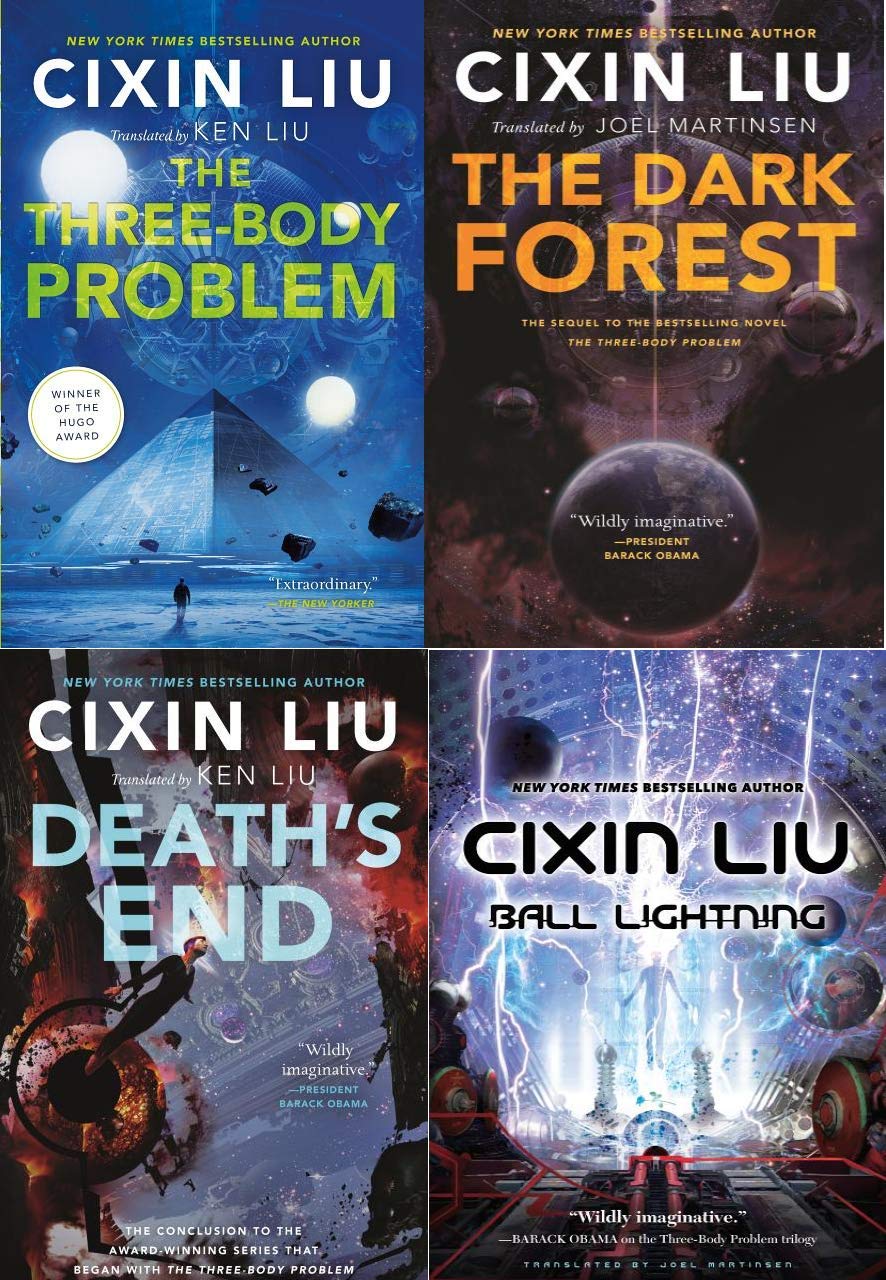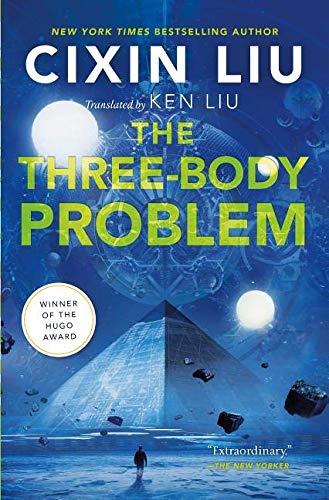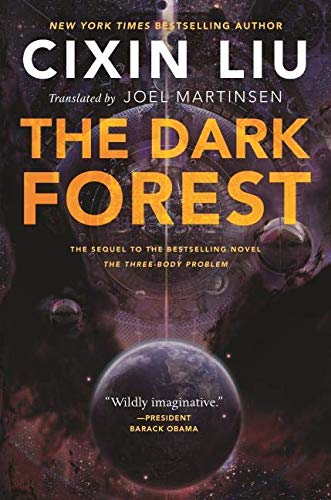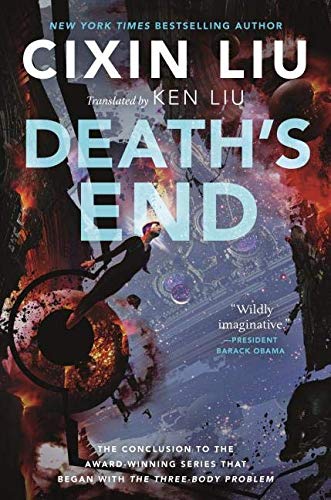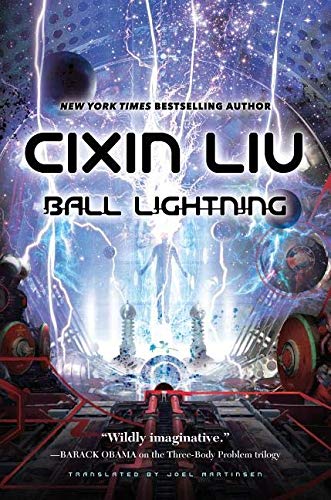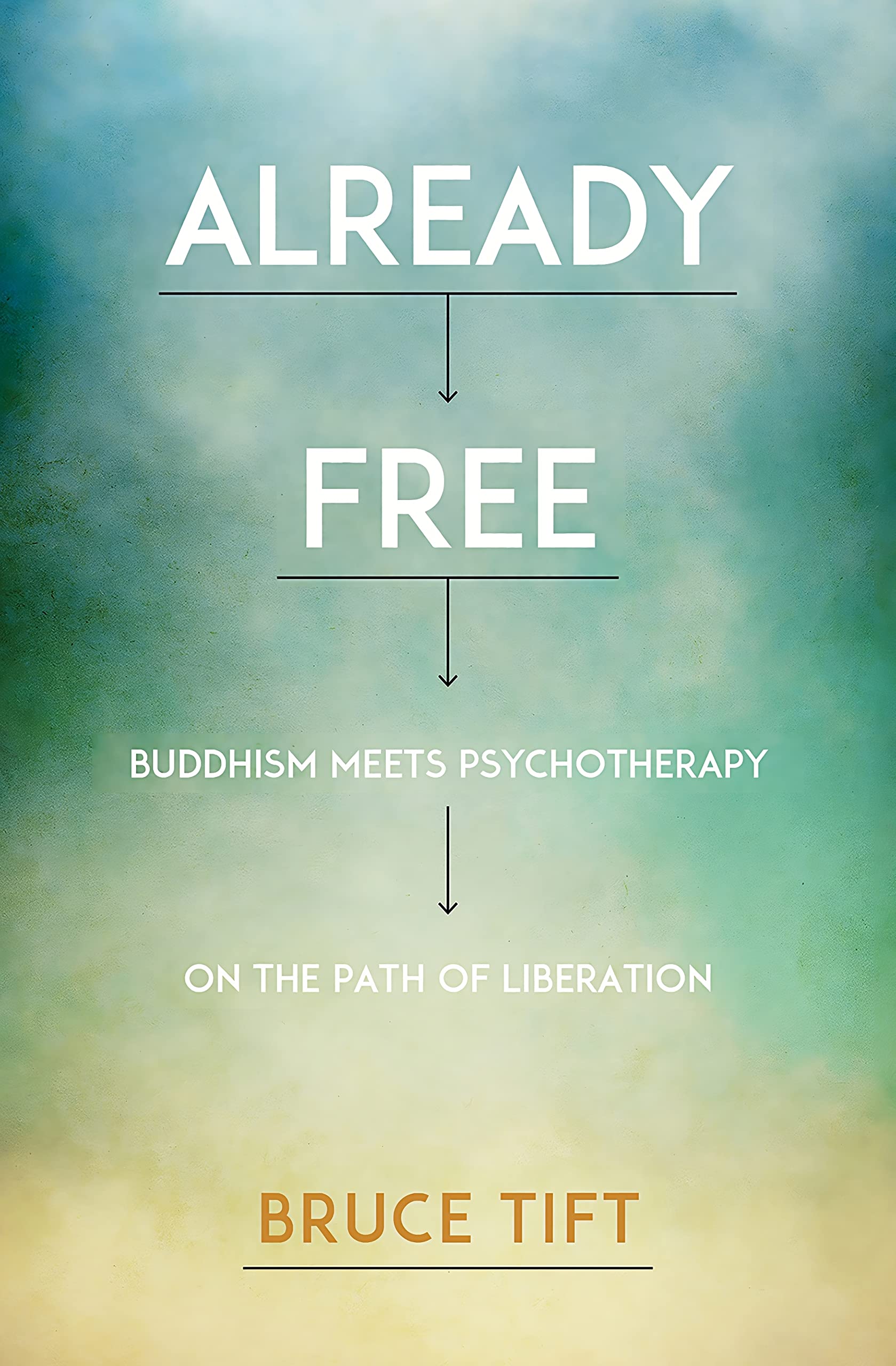
The focus on not rushing is one I think is very important, at least for me. And that, for me, luxury in a way more than anything else is the feeling of being unrushed, right? And I think that as a goal of sorts, as a litmus test, has many, many ripple effects that are beneficial, which come out of that, and there’s a book I’m reading right now, I’m not done with it yet, but called Already Free, which I suspect is probably quite similar to some of Michael Singer’s work.
Already Free is the name, and it combines Western psychotherapy with Buddhist practice and concepts from Buddhism, which if you’d told me 10 years ago what I just said, I would have vomited a little bit into my mouth and said, “Yeah, I’ve been to those bookstores too, with all the crystals and the dream catchers, and there are thousands of those books and I just don’t have time to sort through what is bullshit and what might have validity.”
But this book was recommended to me by a top tier therapist who has, she would never say this, but she’s saved the lives of hundreds or maybe thousands of people. She’s incredibly adept and she recommended this book to me because she has found it compelling.
and I’ve found this book to be very actionable and very compelling and one of the—apologies to the author if I’m misremembering this—but one of the practices or steps that he will often take with clients is something along the lines of the following. If they complain that say their boss never recognizes them, therefore they have struggles with self-worth and this, this, this, this, and this, and that is a complaint that they have, something they’d like to fix that comes up continually in therapy, is he will try to get to them to the point where they are willing to accept that they could have that feeling for the rest of their lives unresolved. And will guide them through thought exercises and hypothetical scenarios. So they get to the point where they’re willing to accept that as a possibility. They will never get rid of that. And what often seems to happen, and I’ve noticed this for myself, is that they’re then able to let out this big exhale, because it’s no longer mandatory that they push this boulder up a hill and fix the problem, and all of a sudden their experience changes. And that, at that point, they become able to think more clearly and respond less reactively because they’ve accepted that if that were to happen, they’re going to survive, there will still be moments of joy. They can still build other valuable relationships. And it just reframes the whole thing. So I have found that to also—and it is a close cousin to a lot of the fear-setting, but I think that that type of reframe can be very, very powerful.
And for me, a lot of it comes back to good questions, right? Which is why I collect questions, why I enjoy asking questions, why I enjoy borrowing questions from other people. And I would say also looking back at the last 10 years for my entire life, I viewed self-love, I think, as self-indulgent in the sense that I felt it would be narcissistic and selfish and unproductive to feel or embrace or cultivate self-love in any way. And in fact, the way to drive myself was to constantly pick apart everything I was or did in a very brutal fashion in terms of internal monologue.
And I think that is part of what drove me so close to the edge in college is that incessant abusive inner voice, and I got a lot done, you know, I did a lot of things and at the end of the day, who the fuck cares really, right? Like in 200 years we’re all dust. No one’s going to remember us. It doesn’t matter. Right? So, great. I got a better grade on my junior term paper. Who the fuck cares? Right? At the end of the day, that voice almost drove me to extinguish myself. So what I’ve also found is that looking back at the last 10 years, like how you treat yourself in some way influences how you treat other people. So if you are violent and angry towards yourself, there will be an element of violence and anger towards other people. Whether it comes out really obviously or it comes out in the form of like resentment and complaining and passive-aggressiveness, it’s going to manifest.
So spending time with Jack Kornfield has had a huge impact on me and this was a few years ago when I first met Jack. He’s a very famous meditation teacher, wonderful human being, walks the walk. There are a lot of poseurs in the mindfulness meditation world. A lot of people who really are of the “Do what I say, not what I do” school, if you look under the hood. Jack is so adept and has such an incredible tool kit, also is a clinical psychologist for helping veterans, and adolescents who are self-harming and cutting. He’s very skilled. And we had a conversation at one point and he said something that stuck with me, and I’m going to paraphrase it because the exact words aren’t important, but the gist is, and that is: If your compassion doesn’t extend to yourself, it’s incomplete. And that seems so obvious, right? But I do think that a lot of people who pride themselves on being achievers spend the vast majority of their time whipping themselves.
Kevin Rose: I mean I think everyone has that internal dialogue and some days it can be more intense than others in terms of being critical or for me it’s not so much critical of myself as it is just ruminating on certain thoughts and over and over again, I’ve had a lot of that. How did you break out of that? Is it something that you still struggle with today? Like if someone’s listening to this and they’re like, “Oh, my God, that describes me to the T, I’m constantly so harsh on myself,” what are the steps that someone would take?
Tim Ferriss: Well, some are easier to recommend than others. I’ve done a lot of really wild stuff and some very, very aggressive stuff. And it’s not to say that all tools will work for all people, but I do think that there are certain books that have had a large impact on me that have helped other people. And in fact, now that I think about it, I believe that one of them, Radical Acceptance by Tara Brach, was recommended to me by Darya, which surprised the hell out of me because Darya is very sharp, scientifically minded, very skeptical, and at least back in the day, my experience with Darya was that anything remotely woo-woo or hand-wavy, she was just like “Talk to the hand; not interested.” Right? So when she recommended this book, very generic title and the subtitle, I can’t remember at the moment, but Radical Acceptance by Tara Brach, and I thought, “Oh my God, has Darya had a frontal lobotomy?” Like, what happened?
Kevin Rose: Yeah, she hasn’t. Yeah.
Tim Ferriss: I don’t know how this book would make it through her filter. And it was incredibly helpful. So radical acceptance, self-acceptance, making peace with parts of us, aspects of ourselves, emotions we have grown to believe are negative or unwanted. You know, reconciling, re-integrating yourself, in a way, is a worthy goal. And I think I’ve largely succeeded. I still have my moments where I beat myself up, but it is less than five percent of what it was five or six years ago.
Discover the fascinating dialogue between psychology and Buddhism in Already Free. Author Bruce Tift explores how both offer unique ways to achieve freedom from suffering, providing insights for connecting with authentic experiences, releasing harmful behaviors, enhancing relationships, and more. By combining Western and Eastern approaches, Tift shows how we can open ourselves to all of life's richness and disturbances.
No referrals for this listing
Already Free: Buddhism Meets Psychotherapy on the Path of Liberation
Are you sure you want to delete this listing?
All related data including comments will be permanently deleted.
Yes, please delete

